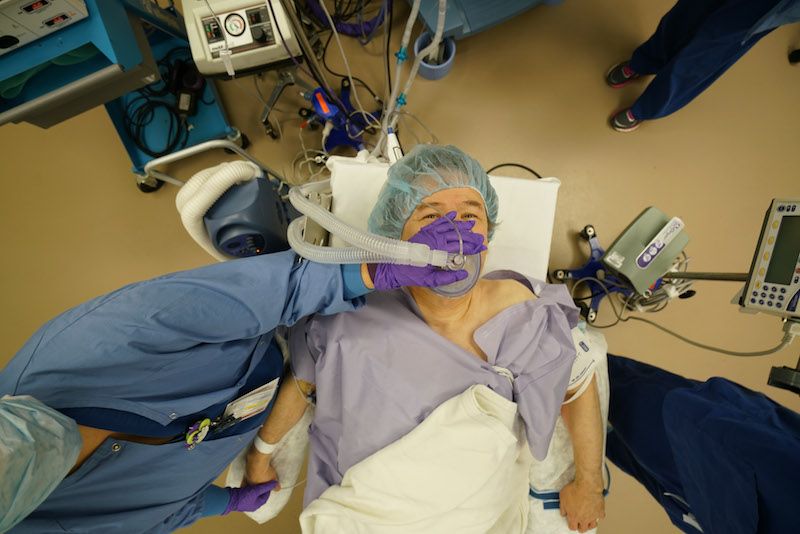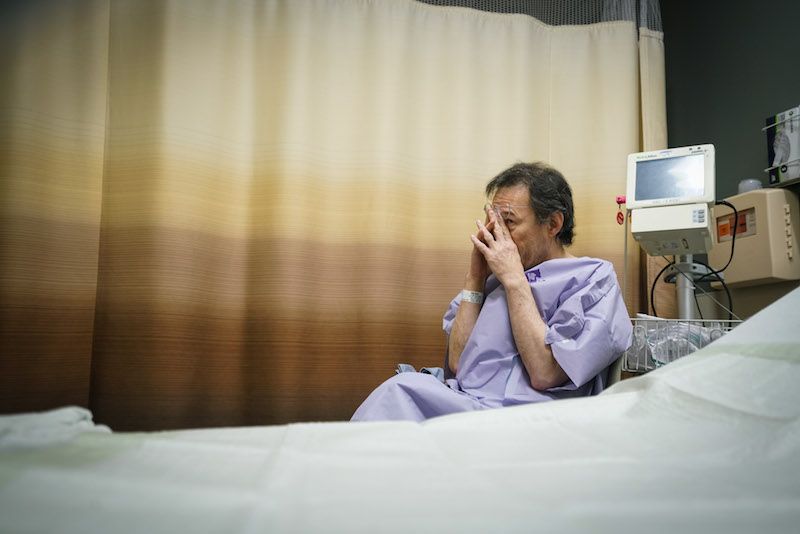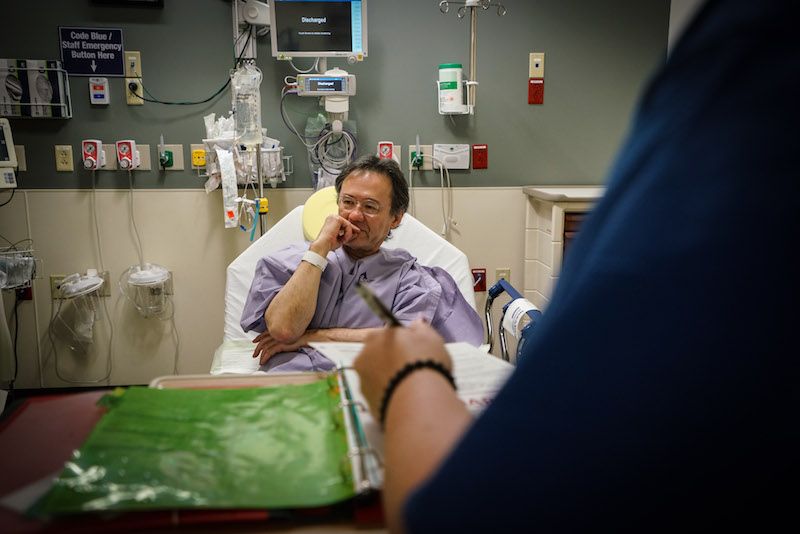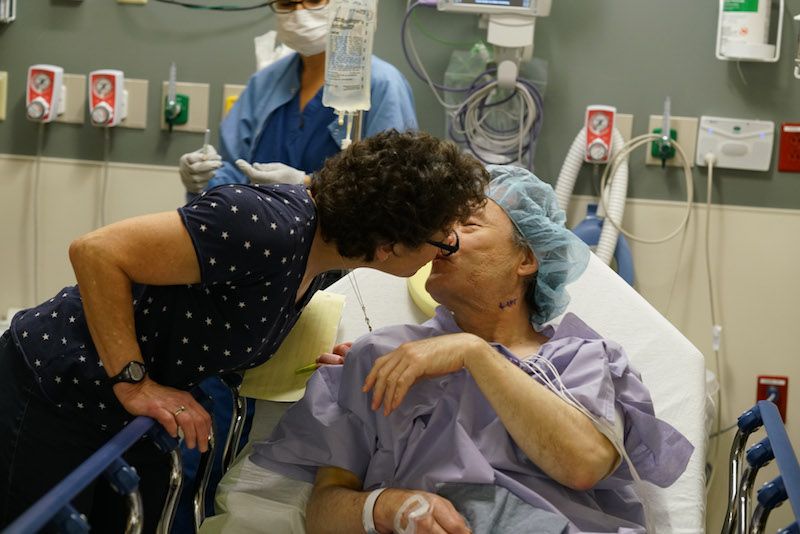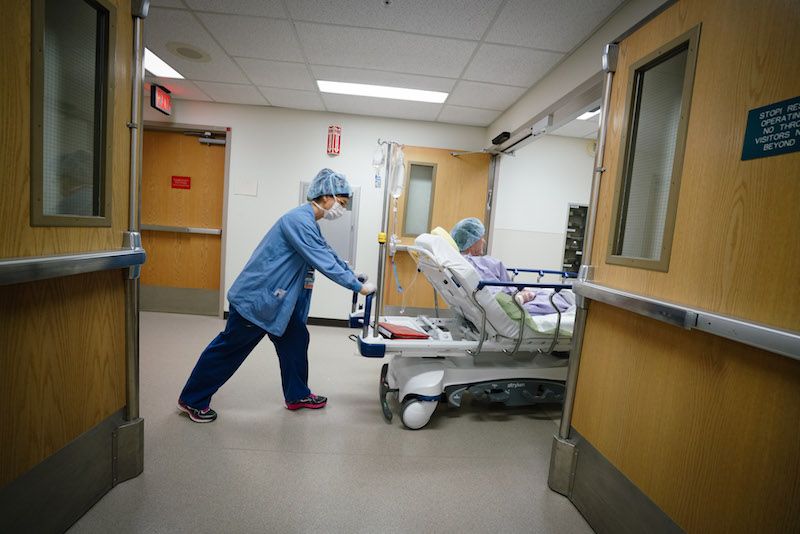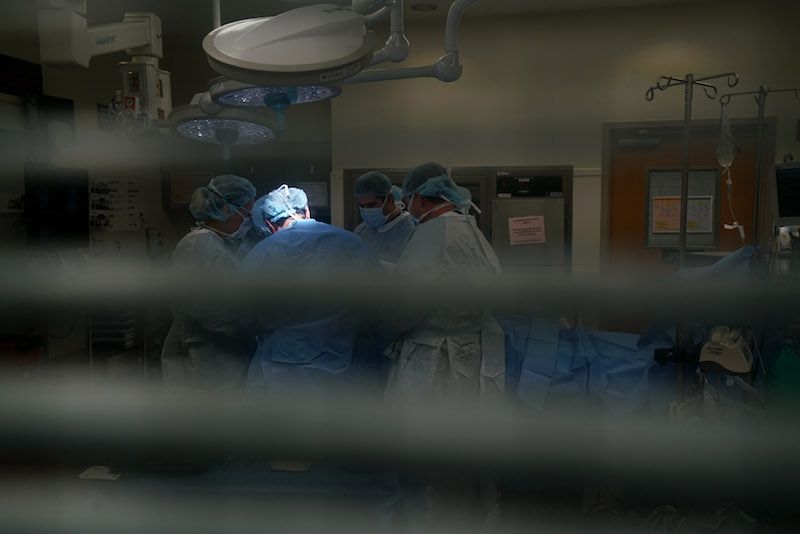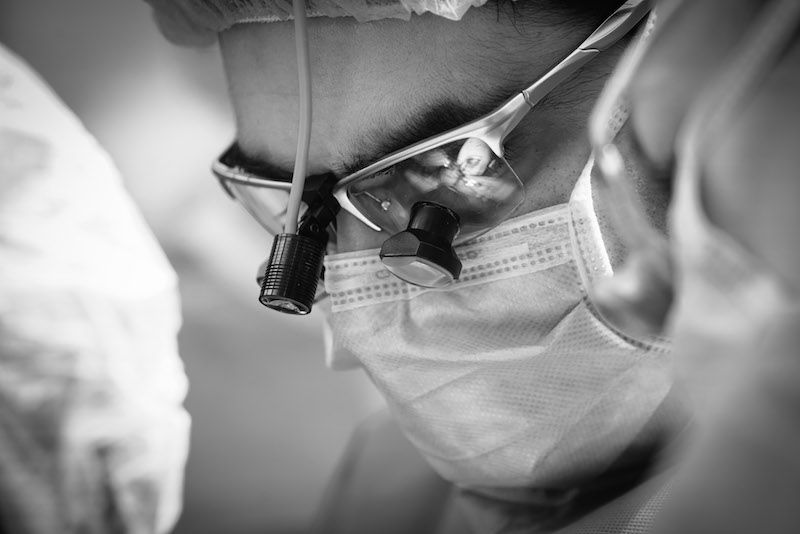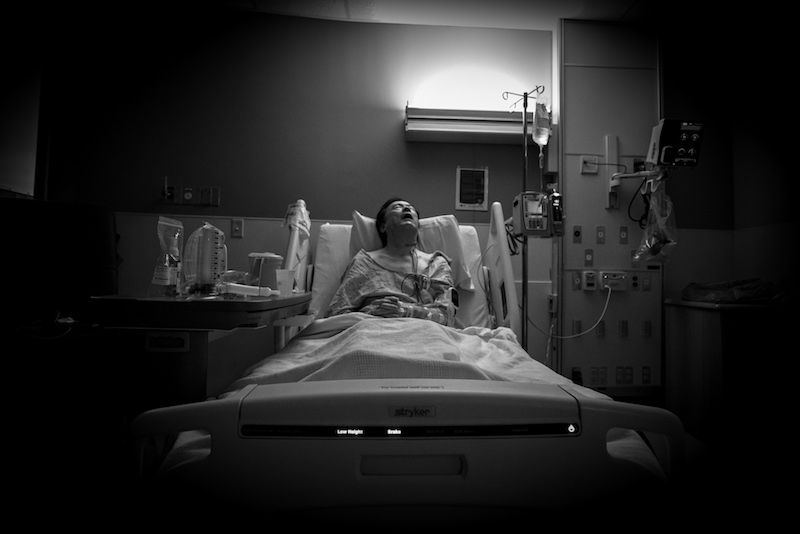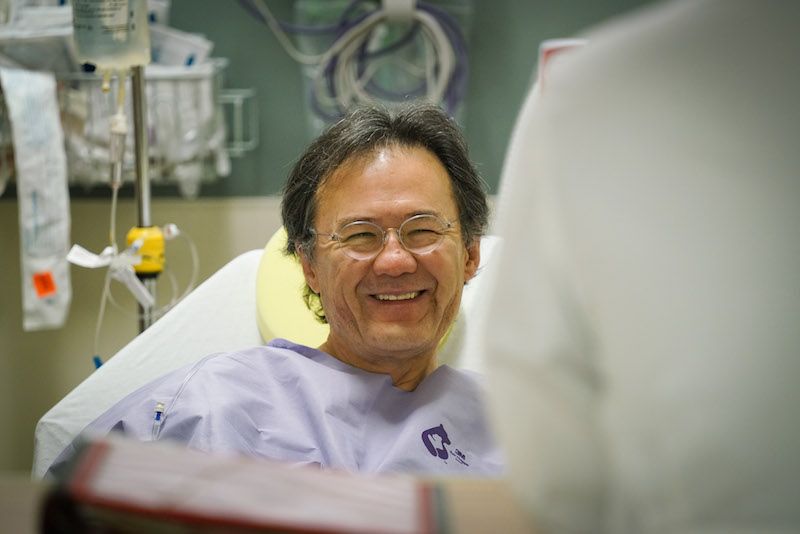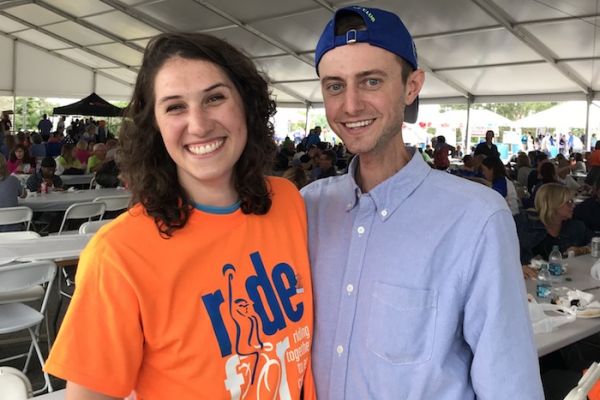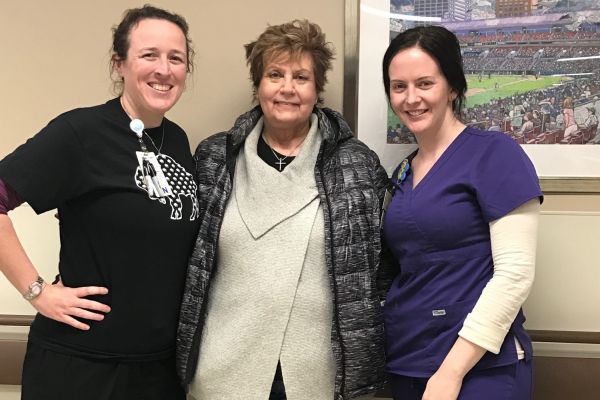He won’t admit it, but Philip McCarthy, MD, is in the business of saving lives.
He gives his patients hope; he gives families hope. He’s a world-renowned physician who has dedicated his career, his passion and his life to providing advanced stem cell transplants to hematological cancer patients. He’s well respected by his peers, well loved by his patients, and one of the most caring (and funny) individuals you will ever meet.
But a couple of years ago, the roles were flipped. Dr. McCarthy became the cancer patient.
Around October 2017, Dr. McCarthy noticed that the mouth guard he wore at night to prevent teeth grinding was causing some irritation on the side of his mouth. The first dentist he went to thought it was normal irritation due to restorative work he had done. The second dentist exclaimed, “What’s this?! Is there a worm in your mouth?” (That dentist would later apologize profusely.)
Never miss another Cancer Talk blog!
Sign up to receive our monthly Cancer Talk e-newsletter.
Sign up!Dr. McCarthy was sent for a biopsy. The results came back as dysplasia — abnormal cells that could potentially develop into cancer. However, his dentist wanted the biopsy to be read by the pathologists here at Roswell Park to be sure. Mihai Merzianu, MD, a Roswell Park pathologist who specializes in head and neck cancers, was the one to discover that it wasn’t dysplasia — Dr. McCarthy had mouth cancer.
What went through Dr. McCarthy’s head when he received that call that he had cancer?
“Oh well.”
Maybe it’s because he sees patients every day who face really difficult challenges, or maybe it’s just his pragmatic personality, but Dr. McCarthy was determined to just get on with the recommended surgery and get it all over with.
Dr. McCarthy’s wife, Jane, also took the diagnosis in stride, but can’t remember exactly when she learned her husband had cancer. The first moment that she remembers hitting her hard was when Hassan Arshad, MD, FACS walked into the waiting room after performing the surgery. “I think I initially compartmentalized Philip’s diagnosis," she says. "I didn’t worry too much; we had a plan. It didn’t hit me until I saw Dr. Arshad walk out from the surgery towards us. I looked at my daughter and thought, ‘Oh my God, what is he going to tell us?’ That was the first time I was nervous. That was the first time I realized how bad it could have been.”
Fortunately, the surgery went well and it was time for the next hurdle — recovery.
“I was a little bit of a bad patient,” admits Dr. McCarthy. “Resting was hard for me. I just wanted to get back to work, get back to our patients. But I was out for about five weeks. It took me by surprise how much the surgery knocked me down. It was difficult to get out of bed. I didn’t expect that — I mean all they had done was slice open my neck and take out my lymph nodes to resect the cancer from my mouth.”
In reality, “all they had done” was quite a serious procedure. Dr. McCarthy had two drains hanging out of his neck, and Jane had to learn how to strip them.
“She was nervous about it,” says Dr. McCarthy.
“No, I wasn’t. I just wanted to do it right. It was easy though,” she counters.
But of course, Dr. McCarthy made light of the whole recovery. “I remember sending my brother a picture of my neck after surgery, saying, ‘Well, if they had kept going a few more inches, I would weigh about 10 pounds less, because I wouldn’t have a head!’”
Then they went back to discussing the Boston Bruins and Buffalo Sabres.
Now, years later, Dr. McCarthy is doing well and has even had a couple of his patients ride in The Ride For Roswell for him. And, as a physician, going through cancer treatment can change the way you interact with your patients.
“I do think I am able to understand and empathize a little more. But, at the end of the day, my patients have been through a lot worse than me. I try to really spend the time with them to make sure their questions are answered. I know sometimes that can mean longer wait times for our patients, but that personal connection and experience is so important, and I appreciate that now more than ever.”
Dr. McCarthy continues moving forward, and knows that with every passing year the chance of the cancer coming back gets lower and lower. Some of the residual side effects include feeling like he has "a gummy bear in his mouth" and biting the side of his cheek.
“So much goes on in life, and this was just one thing we had to get through," says Jane. "The only thing that really reminds me of it now is that he wears a beard because he doesn't want to shave over his incision scars.”
Dr. McCarthy’s overall summary of the cancer experience? “It wasn’t fun. I don’t recommend it. But I am glad I had my treatment here.”
Editor’s Note: Cancer patient outcomes and experiences may vary, even for those with the same type of cancer. An individual patient’s story should not be used as a prediction of how another patient will respond to treatment. Roswell Park is transparent about the survival rates of our patients as compared to national standards, and provides this information, when available, within the cancer type sections of this website.
